Embeda

Embeda Addiction: Side Effects, Detox, Withdrawal, and Treatment

Table of contents
- What is Embeda?
- Is Embeda Addictive?
- Slang for Embeda
- How Common Is Embeda Addiction?
- What Are the Side Effects of Embeda Abuse?
- What Are the Signs and Symptoms of EmbedaAddiction?
- Embeda Detox and Withdrawal
- Embeda Withdrawal Timeline
- Treatment for Embeda Addiction
- Inpatient Drug Rehab vs. Outpatient Drug Rehab for Embeda Addiction
- Continued Care Options for Embeda Treatment
What is Embeda?
Embeda (morphine sulfate and naltrexone hydrochloride) is a prescription opioid that is used to manage daily severe pain that persists around-the-clock. A doctor may prescribe Embeda when other narcotics or non-opioid pain medications do not treat your pain well enough or you don’t tolerate them well.1
The two main ingredients of this drug, morphine and naltrexone, work together to relieve pain and prevent opioid abuse.2 The morphine impacts the central nervous system to relieve pain and naltrexone blocks the effects of narcotics and prevents the feeling of getting “high” that frequently encourages the abuse of prescription opioid drugs.
The typical dose of Embeda will vary from person to person, depending on the type of condition it is being used to treat and individual factors like age, weight, etc.
If you are taking Embeda to treat pain, it’s very important to take it exactly as prescribed by your doctor. Taking larger or more frequent doses can cause dependence, overdose, or can lead to opioid addiction, which may require Embeda detox for a full recovery.
Is Embeda Addictive?
Yes, Embeda is addictive. Despite the fact that it contains naltrexone, which is intended to deter misuse and abuse, taking Embeda can still be risky and may cause addiction because it contains morphine. People who have a history of substance use disorders or mental health disorders should not take Embeda. Becoming addicted to Embeda may be less likely to occur than with other prescription opioid drugs, but the risk is still there.
Slang for Embeda
The following terms are street names or slang for prescription opioids that contain morphine, such as Embeda.3
- Miss Emma
- Monkey
- White Stuff
- M
How Common Is Embeda Addiction?
If you take Embeda exactly as prescribed by a doctor, the risk of addiction is much lower than if you take it another way. For example, if you take the correct dosage in the prescribed increments of time and you only use it for a short period of time, you are unlikely to become addicted.
However, breaking, chewing, or crushing Embeda capsules enhances the release of the drug and increases the likelihood of dependence, overdose, addiction, or even death. Abusing Embeda can also cause unexpected and sudden withdrawal symptoms if you have developed an opioid tolerance.5
As mentioned above, Embeda was manufactured in a way that would help prevent misuse of the drug, but people still abuse it to get high. In 2014, the U.S. Food and Drug Administration (FDA) approved new labeling for Embeda extended-release capsules, including a claim that indicated that oral abuse of the drug may be reduced, though not prevented when the drug is crushed and taken orally or snorted.4
The abuse of prescription opioid painkillers like Embeda is common in the U.S. According to the 2018 National Survey on Drug Use and Health, about 9.9 million people misused prescription opioid pain relievers in the past year.5
Most commonly, people abuse Embeda by crushing the capsules and consuming them orally or by dissolving the powder and injecting it. Either method is likely to produce opioid tolerance, dependence, addiction, or overdose.
What Are the Side Effects of Embeda Abuse?
Common short-term side effects of Embeda abuse include:
- Immediate opioid withdrawal symptoms (nausea, vomiting, sweating, aches and pains, flu-like symptoms)
- Dizziness
- Drowsiness
- Constipation
- Abdominal pain
Common long-term side effects of Embeda abuse include:
- Hormone imbalances
- Fertility issues
- Depression
- Anxiety
- Brain damage
- Liver damage
- Physical dependence
- Addiction
- Increased risk of overdose
Specifically, the method of dissolving and injecting Embeda capsules can also cause:6
- Skin necrosis
- Infection
- Pulmonary granulomas (inflammation in the lungs)
- Blocked arteries
- Increased risk of endocarditis (inflammation of the heart valve)
- Damage to one of the heart valves
- Death
What Are the Signs and Symptoms of EmbedaAddiction?
Common signs that someone is abusing Embeda can include:
- Taking Embeda without a prescription
- Doctor shopping to get multiple prescriptions for Embeda
- Often acting very drowsy
- Hiding Embeda use from friends and family
Symptoms of Embeda addiction include:
- Being unable to control the use of Embeda
- Needing Embeda to feel normal, good, or to deal with life’s problems
- Experiencing severe mood swings or behavioral changes
- Losing interest in work, school, and showing a sharp decline in performance in those areas
- Displaying major changes in appearance
- Experiencing withdrawal symptoms
- Trying to stop using Embeda but failing
- Being overly secretive and isolating from family and friends
- Continuing to use Embeda despite the negative health effects it causes
Withdrawal symptoms can be very uncomfortable, but an Embeda detox program can help you get through it and prevent relapse in the process.
Embeda Detox and Withdrawal
Naltrexone, one of the main ingredients in Embeda, can cause sudden withdrawal symptoms if you are dependent on opioids. In addition, if you have been using Embeda for a long time, you may be addicted to the morphine contained in Embeda, which can cause withdrawal symptoms as well.
Common Embeda withdrawal symptoms include:7
- Agitation
- Anxiety
- Muscle aches
- Increased tearing
- Insomnia
- Runny nose
- Sweating
- Yawning
- Abdominal cramping
- Diarrhea
- Dilated pupils
- Goosebumps
- Nausea
- Vomiting
Although typically not life-threatening, opioid withdrawal can be very uncomfortable without professional treatment. If you are addicted to Embeda, a medical detox program may be the most comfortable and effective way to get sober. Your treatment team will provide medication-assisted treatment along with a slow tapered Embeda detox process that will allow you to gradually heal and recover in a safe environment. Clinical therapy will also be provided to help you cope with the psychological symptoms of Embeda withdrawal as you begin to move forward with the next stage of your recovery.
Embeda Withdrawal Timeline
The timeline for Embeda withdrawal is different for everyone. If you experience sudden opioid withdrawal symptoms, you are likely to experience more severe withdrawal symptoms that may require hospitalization.
On the other hand, if you don’t misuse Embeda but use it as prescribed for a long time, you may experience withdrawal symptoms when you stop taking it. In this case, it may take a few days for you to start feeling withdrawal symptoms and the worst symptoms are likely to occur within the first week of your last dose. Embeda withdrawal symptoms may start to subside after about two weeks but some psychological symptoms may linger, such as anxiety or depression.8
Since Embeda is an extended-release variation of morphine, your withdrawal symptoms may last several weeks, which can make daily life difficult. An Embeda detox program can help reduce the severity of symptoms and ease the discomfort of Embeda withdrawal symptoms to decrease the likelihood of relapse.
Treatment for Embeda Addiction
Embeda addiction is a chronic medical condition that may require professional treatment to overcome. Like many other chronic diseases, substance use disorder relapse rates are high when proper support and treatment are not provided. Although you may be highly motivated to get sober, oftentimes it’s extremely difficult to sustain without support. Getting Embeda treatment can help.
If your Embeda addiction has left you feeling hopeless and out of control, it may be time to seek professional Embeda treatment. A long-term individualized treatment program can help you overcome your physical dependence on Embeda and fully embrace a sober life.
Although the addiction treatment process is different for everyone, the first step is often medical detox. This will help you break your physical dependence on Embeda and begin working on behavioral issues in rehab.
While you are enrolled in Embeda rehab, you will work with a professional team of doctors, nurses, clinical therapists, and recovery specialists to learn more about the disease of addiction, address the underlying causes of addictive behaviors in your life, and gradually start making healthy changes to your lifestyle that will help you sustain your sobriety. If they are willing, your family will also be a part of this process and your loved ones may be asked to attend family therapy sessions or workshops.
High-quality Embeda rehab programs use treatment methods that are backed by scientific evidence and recent research, such as:
- Individual drug counseling
- Group counseling
- Family counseling
- Contingency management
- Cognitive-behavioral therapy
- Rational emotive behavioral therapy
- 12-Step facilitation therapy
- Music therapy
- Animal-assisted therapy
- Art therapy
- Educational lectures
Inpatient Drug Rehab vs. Outpatient Drug Rehab for Embeda Addiction
There are many different types of Embeda rehab programs, but two of the most common types are inpatient and outpatient programs. There are a few main differences between the two types of Embeda treatment, which are detailed in the chart below.
| Residential Rehab Clients live at the Embeda rehab center throughout treatment. Housing is typically gender-specific. Clients follow a structured schedule of recovery-focused treatment and activities. Clients attend individual, group, and family counseling sessions on-site. Clients have immediate access to clinical and medical care services at the rehab center. | Outpatient Rehab Clients live at home or in a sober living home while they complete outpatient treatment. Clients attend outpatient group meetings regularly. Clients complete homework assignments on their own outside of group sessions. Clients may continue going to work or school while completing outpatient treatment. |
If you’re not sure which type of program is right for you, your doctor or an addiction treatment professional can help you determine which type of treatment would be best for your needs and circumstances.
Most Embeda rehab programs also offer several different payment options, which may include:
- Health insurance benefits
- Employee Assistance Programs (EAP)
- Financed healthcare loans
- Credit cards
- Crowdfunding
- HSA funds
Continued Care Options for Embeda Treatment
There are several options for continued Embeda treatment after rehab is over. Sober living programs and aftercare programs are both designed to help recovering men and women adjust to a new life in sobriety.
Sober Living Programs
Sober living homes are safe, structured, and substance-free houses that are designed to support men and women who are recovering from substance use disorders. Although sober living homes can vary in size, type, and amenities, they are generally gender-specific and offer a variety of recovery support services, structured programs, and peer support programs to help guide residents through the challenges of early recovery.
Common recovery support services offered by sober living homes include:
- Structured recovery programming
- Regular drug and alcohol testing
- Educational planning
- Employment assistance
- Volunteer placement
- Peer monitoring
All sober living residents are also expected to follow the community rules and guidelines of the household and pay a monthly fee (similar to rent). The cost of a sober living home will vary depending on its location, amenities, recovery support services offered, and staffing.
Aftercare Programs
Aftercare is another type of continuing care program that is designed to support people in recovery who may have some sustained success in sobriety. People who are experiencing difficult or transitional phases in life may also find aftercare to be an effective and helpful program.
Aftercare consists of a series of outpatient meetings that are hosted at a clinical location. Clients attend these meetings regularly and the atmosphere is open, honest, and compassionate. The group facilitator ensures that discussion stays on topic, is helpful and encouraging, and that clients maintain sober accountability among one another throughout each group session and between sessions.
Ebeda addiction is a complex disease that won’t resolve itself with mere willpower. Instead, a personalized and evidence-based long-term treatment approach will give you the best opportunity for sustained sobriety. Call (512) 605-2955 today to speak with a Nova Recovery Center representative to learn more.
References:
https://www.goodrx.com/embeda/what-is
https://www.dea.gov/sites/default/files/resource-center/Publications/Intel%20Products/DIR-020-17%20Drug%20Slang%20Code%20Words.pdf
https://www.pfizermedicalinformation.com/en-us/embeda-extended-release-cii/drug-abuse
https://medlineplus.gov/ency/article/000949.htm
https://www.jpain.org/article/S1526-5900(10)00165-3/abstract
Nova Recovery Center offers a large range of substance abuse treatment services: detox, residential, outpatient and sober living.
Treatment Options
Treatment Locations
Call Us Now and Begin Healing at (512) 605-2955
Or text us and we will call you right back.
Not quite ready for a call? You can fill out the form below.
What Makes Us Different
- Gender-specific treatment
- Evidenced-based treatment
- 12-Step immersion
- 90-day residential treatment
- Family program
- Full continuum of care
- Insurance and private pay
100% Confidential Guarantee
Confidential Consultation
Nova Recovery Center is dedicated to helping you or your loved one get help. Please call or fill out this form for a confidential consultation.
One of our understanding, dedicated advisors will contact you about your options. Begin healing today.
Nova Recovery Center is dedicated to helping you or your loved one get help. Please call or fill out this form for a confidential consultation. One of our understanding, dedicated advisors will contact you about your options. Begin healing today.





